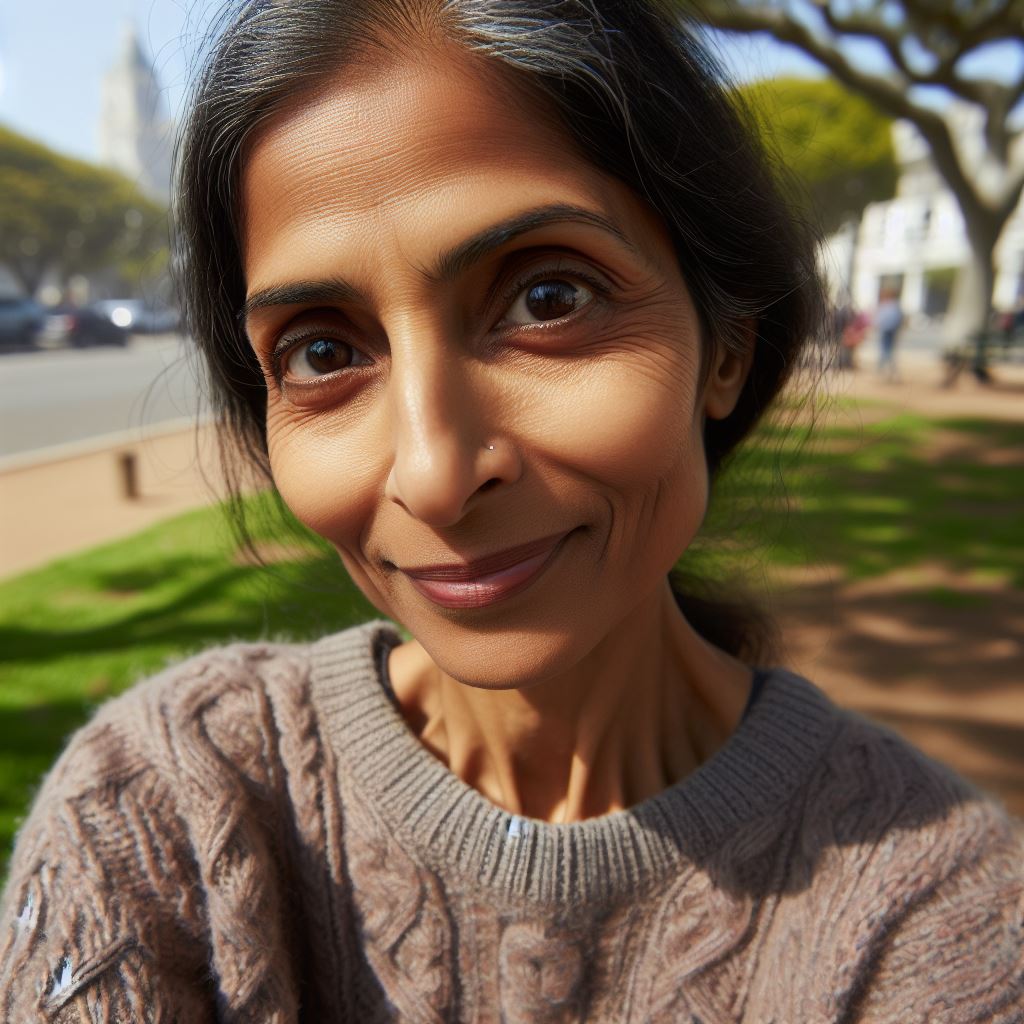Hesychasm, in Eastern Christianity, type of monastic life in which practitioners seek divine quietness (Greek hēsychia) through the contemplation of God in uninterrupted prayer . Such prayer, involving the entire human being—soul, mind, and body—is often called “pure,” or “intellectual,” prayer or the Jesus Prayer.
What is Hesychia in Orthodox Christianity?
Hesychia means inner stillness, the peace of the heart . In the Orthodox Church, hesychia is a complete science for healing thoughts, the heart and the senses. Theology means speaking about God based on knowledge and experience of Him. Hesychia is the way in which we acquire this spiritual knowledge of God.
Is Palamism a heresy?
Historically, Western Christianity has tended to reject Palamism , especially the essence–energies distinction, some times characterizing it as a heretical introduction of an unacceptable division in the Trinity.
What is the Jesus Prayer word for word?
The most widely accepted form of the prayer is “ Lord Jesus Christ, Son of God, have mercy on me .” It reflects the biblical idea that the name of God is sacred and that its invocation implies a direct meeting with the divine.
Is hesychasm Catholic?
Roman Catholic opinions of hesychasm. St. ... Hence, the tradition of St John Cassian in the West concerning the spiritual practice of the hermit can be considered to be a tradition that is parallel to that of hesychasm in the Eastern Orthodox Church.
What does the word hesychasm mean?
Hesychasm, in Eastern Christianity, type of monastic life in which practitioners seek divine quietness (Greek hēsychia) through the contemplation of God in uninterrupted prayer . Such prayer, involving the entire human being—soul, mind, and body—is often called “pure,” or “intellectual,” prayer or the Jesus Prayer.
What does Filioque mean in Christianity?
Filioque, (Latin: “and from the Son ”), phrase added to the text of the Christian creed by the Western church in the Middle Ages and considered one of the major causes of the schism between the Eastern and Western churches.
What is the prayer of the heart?
The Eastern prayer of the heart, the Jesus Prayer, says: “Lord Jesus Christ, Son of God, have mercy on me, a sinner .” Many Christians, such as Joan of Arc, have died with the one word “Jesus” on their lips. ... Athos, is the invocation: “Lord Jesus Christ, Son of God, have mercy on us sinners.”
How is theosis achieved?
According to Eastern Christian teachings, theosis is very much the purpose of human life. It is considered achievable only through synergy (or cooperation) of human activity and God’s uncreated energies (or operations).
What is Noetic prayer?
Noetic prayer is also called prayer of the heart . ... When you get used to saying constantly, “Lord Jesus Christ have mercy on me,’ then you are sweetened so much that you are drawn to say this little prayer constantly. You don’t feel hungry, nor do you want to talk, or say anything else.”
What is the doctrine of divine simplicity?
Divine simplicity is central to the classical Western concept of God . Simplicity denies any physical or metaphysical composition in the divine being. This means God is the divine nature itself and has no accidents (properties that are not necessary) accruing to his nature.
Was Gregory palamas a Catholic?
| Saint Gregory Palamas | Died 1357 or 1359 Thessaloniki | Venerated in Eastern Orthodox Church Eastern Catholic Church |
|---|
What was Jesus’s full name?
Jesus’ name in Hebrew was “ Yeshua” which translates to English as Joshua.
Is the Jesus prayer biblical?
The Jesus Prayer is not found in scripture . However, it is based on scripture. Various concepts from scripture were comprised to form the Jesus prayer. The first section of the prayer is based on Philippians 2:6-11.
Is the Jesus Prayer a mantra?
The Jesus mantra is a Sanskrit devotional prayer that honors the Christian messiah . Mantras are commonly used in yoga to focus the mind in meditation and have played a key role in Eastern religions.
What idea did Hesychasts promote?
Barlaam held this concept to be polytheistic , inasmuch as it postulated two eternal beings, a visible (immanent) and an invisible (transcendent) God.
